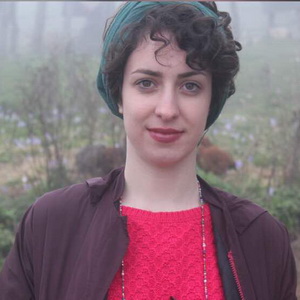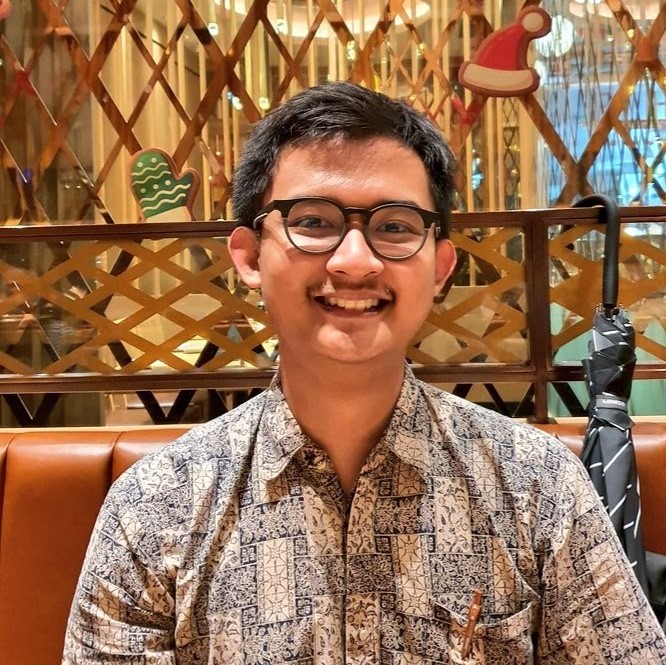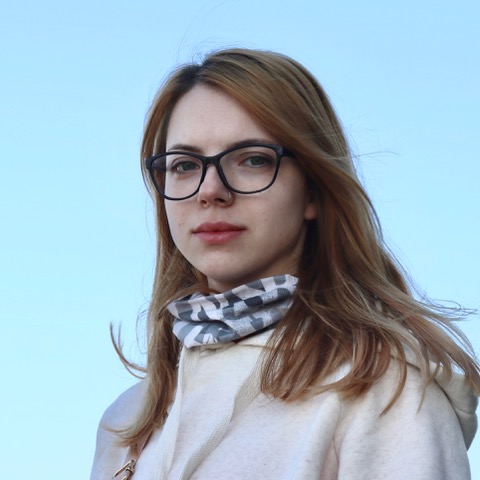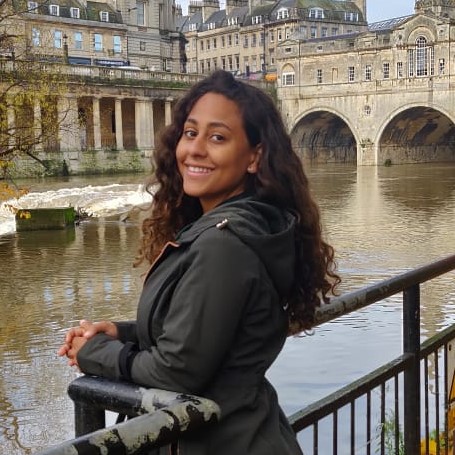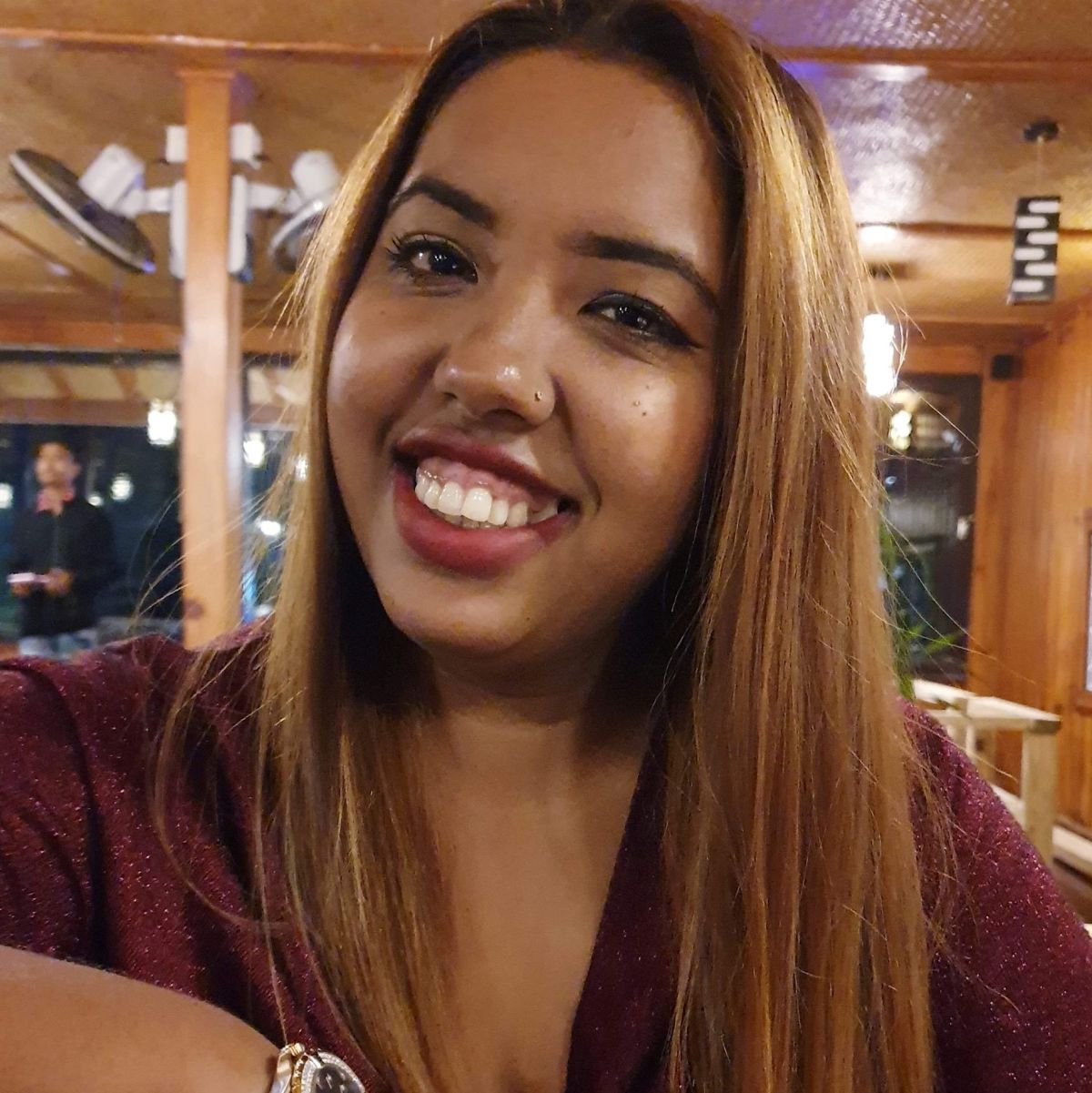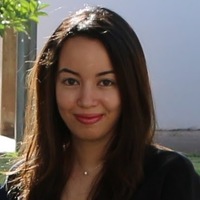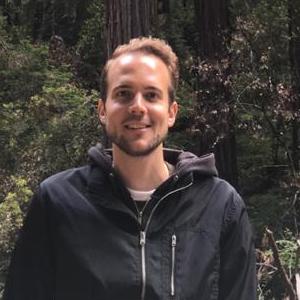Historias no contadas del aborto de Nigeria (1/4)
Criminalizing abortion is a form of discrimination against women. Abortion is still illegal In Nigeria,but it hasn't stopped thousands of women from getting it. These women endanger their lives by seeking unsafe means to terminate pregnancy. In this series of stories, Hannah, writer, journalist and story ambassador for CotW talks to women who despite the dangers have decided to get an abortion.
Nigeria, Western Africa
Story by H.T. Jagiri. Translated by Melina Gutiérrez Hansen
Published on December 17, 2022.
This story is also available in 




La criminalización del aborto es una forma de discriminación contra las mujeres. El aborto sigue siendo ilegal en Nigeria, pero eso no ha sido un impedimento para que miles de mujeres lo hagan. Estas mujeres arriesgan sus vidas buscando maneras poco seguras para terminar un embarazo. En esta serie de historias, Hannah, escritora, periodista y embajadora de historias para CotW, habla con mujeres que, a pesar de los riesgos, han decidido abortar.
La criminalización del aborto es una forma de discriminación contra las mujeres. El aborto sigue siendo ilegal en Nigeria, pero eso no ha sido un impedimento para que miles de mujeres lo hagan. Estas mujeres arriesgan sus vidas buscando maneras poco seguras para terminar un embarazo. Como alguien que se apasiona por los derechos de las mujeres y la igualdad de género, quise explorar el impacto de la criminalización del aborto en Nigeria. Por eso, busqué mujeres que han arriesgado sus vidas para terminar sus embarazos. Esta es la historia de Sevi*.
Ocurrió un viernes por la tarde en el año 2017. La calle estaba repleta de colores cuando la gente de Tanke Ilorin [1] se ocupaban de sus asuntos, vestidos en sus trajes coloridos. Hiyabs y abayas [2] de diseños y estilos diferentes decoraban las calles, ya que era Eid Mubarak [3]. Sevi estuvo entre aquella gente en la calle. Estaba de camino a comprar unas drogas que acabarían con el pequeño que crecía dentro de ella. Unas semanas antes descubrió que estaba embarazada. Con solo17 años y en su segundo año en la Universidad de Ilorin, ella sabía que no podría cuidar del niño ya que no estaba lista para ser madre aún.
“Parecía que mi vida colapsó cuando recibí los resultados de la prueba. Se lo dije a mi novio y él dijo que no podíamos quedárnoslo. No tuvo que convencerme. Yo sabía que no podía tener al niño. Yo misma seguía siendo una niña. Inmediatamente después de tomar mi decisión, fui a internet a buscar soluciones. Así fue como me enteré de Mifepristona y Misoprostol.” Sus labios formaron una pequeña sonrisa cuando hablaba.
La calle burbujeaba con vida mientras vendedores ambulantes presentaban sus bienes a quienquiera que pasara por delante, llamando la atención con una voz sonora. La primera farmacia a la que Sevi acudió, tenía una empleada hiyabiana [4].
“Llegué a la primera farmacia y me encontré con una hermana hiyabiana. Le dije que quería obtener Mifepristona y Misoprostol. La mirada en su cara cambió y gritó a todo el mundo que pudiese oírla que ella no vendía drogas para el aborto. Pensé que ese era el final. Salí de la farmacia avergonzada. Pero supe que volver a casa sin las drogas no era una opción. Supe que seguir embarazada no era parte del plan. Así que decidí probar en otra farmacia. La siguiente farmacia no era tan grande y la farmacéutica embarazada fue un poco reacia a vender la droga. Después de un tiempo me la dio. Cuando vi que la farmacéutica estaba embarazada, casi me rio en voz alta. Me sentí como si Dios me estuviera castigando. Me sentí como un chiste para Dios y los ángeles.”
No pude llamar a nadie porque conocía las consecuencias. Así que me tumbé en el suelo y esperé la llegada de la muerte.
Sevi llegó a su hostal. Una habitación independiente que estaba casi vacía, exceptuando un colchón y una pila de libros en el suelo. El armario estaba en la parte izquierda de la habitación, con años de uso que ya hacían caer partes de la madera. Sevi usó las drogas inmediatamente después de llegar a su habitación. Esperó a que comenzaran los calambres, y cuando no pasó nada pasada una hora, se tomó dos pastillas más. Poco después empezó a sangrar fuertemente, con calambres severos.
“Sentí como si algo estrujara mi estómago, el dolor era insoportable y con cada minuto que pasaba, sentía como me desvanecía. Pensé que de verdad me iba a morir. No pude llamar a nadie porque conocía las consecuencias. Así que me tumbé en el suelo y esperé la llegada de la muerte.”
Afortunadamente para ella, nunca llegó.
[1] Tanke es una ciudad en la comunidad de Iorin, que es la capital del Estado de Kwara en Nigeria
[2] Abaya es una prenda suelta/un vestido acapado
[3] un periodo festivo para los musulmanes
[4] una mujer musulmana que lleva un hiyab. En Nigeria no todas las mujeres musulmanas llevan hiyab.
*Nombres marcados con un asterisco han sido cambiados para proteger la identidad de aquellos que hablaron con Correspondents of the World, bajo las condiciones de anonimato
Lee Parte 2 – la historia de Amina de esta serie de historias en Historias no contadas del aborto de Nigeria aquí
How does this story make you feel?
Follow-up
Do you have any questions after reading this story? Do you want to follow-up on what you've just read? Get in touch with our team to learn more! Send an email to [email protected].
Talk about this Story
Please enable cookies to view the comments powered by Disqus.
Subscribe to our Monthly Newsletter
Stay up to date with new stories on Correspondents of the World by subscribing to our monthly newsletter:
Other Stories in Español
Explore other Topics
Get involved
At Correspondents of the World, we want to contribute to a better understanding of one another in a world that seems to get smaller by the day - but somehow neglects to bring people closer together as well. We think that one of the most frequent reasons for misunderstanding and unnecessarily heated debates is that we don't really understand how each of us is affected differently by global issues.
Our aim is to change that with every personal story we share.
Community Worldwide
Correspondents of the World is not just this website, but also a great community of people from all over the world. While face-to-face meetings are difficult at the moment, our Facebook Community Group is THE place to be to meet other people invested in Correspondents of the World. We are currently running a series of online-tea talks to get to know each other better.












